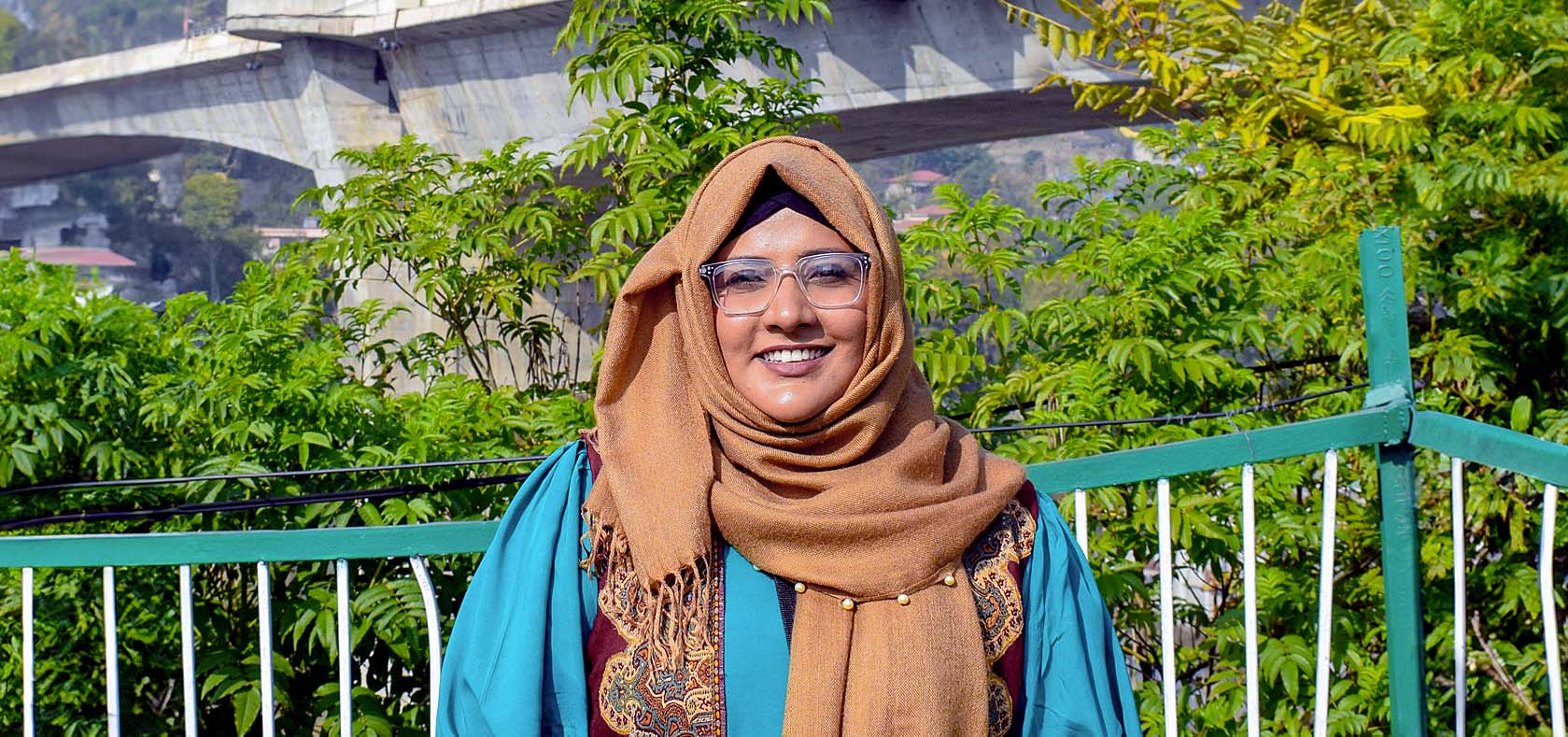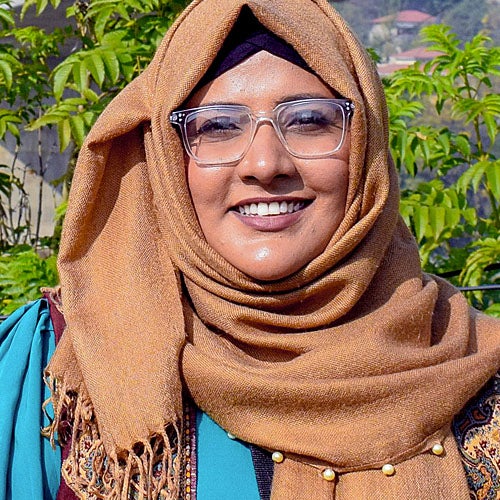Beijing+30 Youth Blog: Women as environmental stewards, silenced no more
Date:


I’ve always felt a deep connection to environmental issues. Still, it wasn’t until recently, when Pakistan was hit by the deadliest flood of 2022, affecting 33 million people, that I realized how these issues aren’t just about the planet; they’re about its people, too. Especially women. Throughout the world, women bear the disproportionate burden of climate change. Whether collecting water in drought-stricken areas, tilling degraded lands, or bearing the brunt of extreme weather events, women are often at the forefront.
Yet, despite their pivotal roles and deep-rooted knowledge, I’ve noticed a glaring absence: their voices are rarely heard in the spaces where decisions are made. It’s a gap that not only undermines their contributions but also hampers our collective ability to forge effective solutions to environmental crises.
This needs to change. Women are not just victims of environmental degradation; they are powerful agents of change. They possess a deep understanding of their local ecosystems, honed through generations of managing natural resources for their families and communities. Studies indicate that women play a significant role in food production, accounting for 60–80 per cent of the food produced in developing countries. Moreover, 1.8 billion people worldwide live in households without accessible water supplies and in 7 out of 10 of these households, women and girls aged 15 and older are primarily responsible for collecting water. Imagine the positive environmental impacts that could be achieved if their knowledge and leadership were fully harnessed.
The challenges: A double bind
The stark reality of women being overlooked, juxtaposed with their marginalization, struck me deeply as I witnessed women and children grappling with the aftermaths of floods, illuminating the double bind that women endure. On the one hand, they are essential caretakers of their local environments, deeply invested in the well-being of their communities. On the other hand, they are often excluded from the decision-making processes that shape the environmental policies affecting their lives. Land ownership, access to resources, and even essential mobility are frequently skewed against them due to prevailing cultural norms and structural inequalities.
Empowering women, empowering the environment
Motivated by these insights, I began to explore the growing movement that seeks to bring women’s voices to the forefront of environmental decision-making. It’s about integrating their concerns and perspectives into policies and programmes. This isn’t just fair, it’s also smart. For example, in projects like the Australia-Pakistan Water Security Initiative, women’s experiences and contributions are considered as equally valuable as men’s, leading to more effective outcomes.
Moreover, assessing the impact of environmental policies on women ensures that these initiatives do not inadvertently exacerbate their challenges. It’s about making adjustments that are mindful and respectful of their circumstances. This approach was solidified for me when I learned about the goals of the Beijing Platform for Action, which strengthens mechanisms to assess and address the impacts of environmental policies on women at multiple levels.
Also, I am touched by the organizations and movements participating in international fora related to climate change and advocating for incorporating gender equality, women’s rights and their contributions into climate change mitigation and adaptation strategies. This will ensure that global policies address the specific vulnerabilities faced by women.
Women leading change: Inspiration in action
I am continually inspired by women who lead environmental initiatives across the globe. From icons like Wangari Maathai, the Nobel Peace Prize winner who spearheaded the Green Belt Movement in Africa, to countless grass-roots leaders like Shradha Kashiyap, Kebbeh Monger, and Berta Isabel Cáceres Flores working in their communities, women are proving their dedication to a sustainable future.
As we mark significant milestones, like the 30th anniversary of the Beijing Declaration, I am more determined than ever to break down the barriers holding women back in environmental sectors. By advocating for their active participation and leadership, we're not just supporting women—we're championing a more sustainable and just world. It's a mission that I am proud to be part of, and one that I believe is critical for the future of our planet."

Biography:
Maryam Eqan, 25, is a Pakistani environmentalist and young policy negotiator who focuses on the triple planetary crisis. She works with WWF-Pakistan on Water-Sensitive Cities and serves as a GEO-7 fellow for the United Nations Environment Programme (UNEP), where she is dedicated to advancing science and evidence-based information to inform global environmental policy and management.
Facebook, Instagram: @maryam.eqan
X: @maryameqan